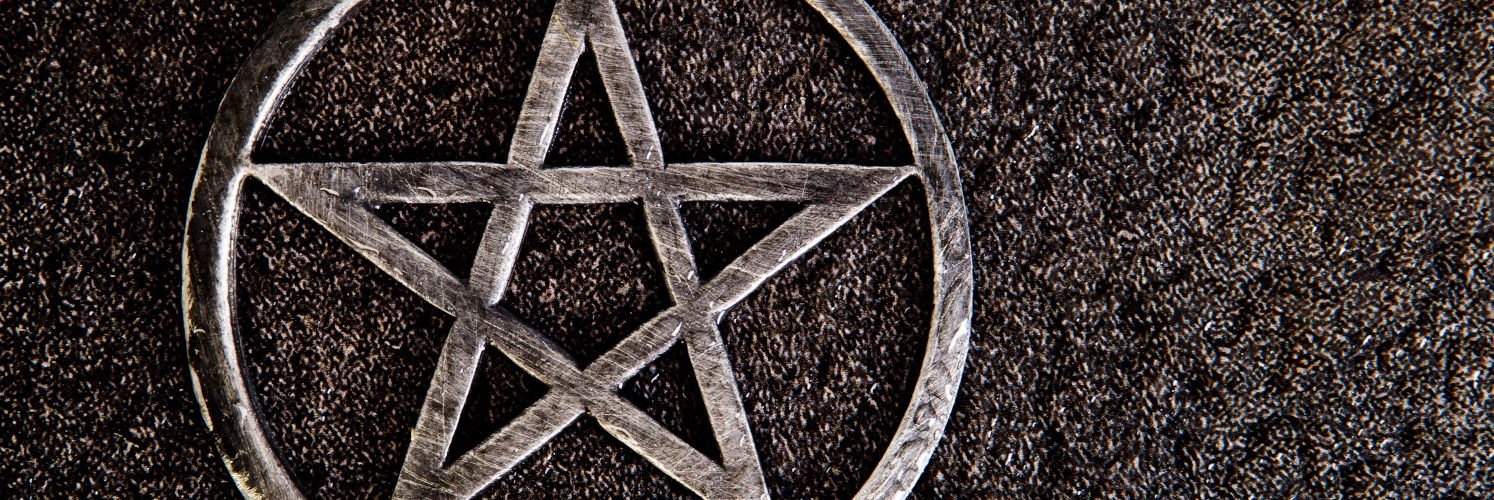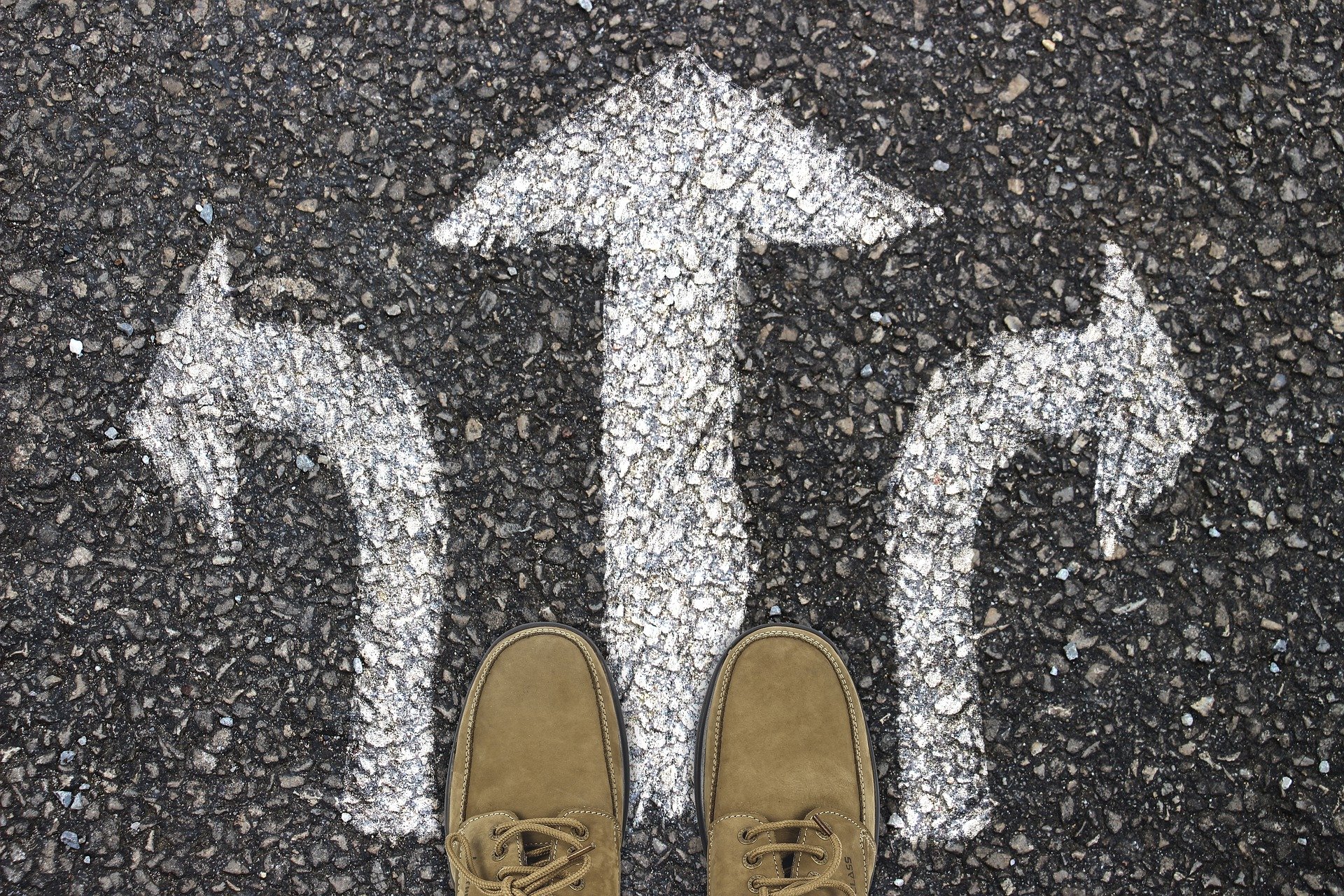I was a little ranty in my last essay. Or rather, I was very ranty but I had a message I was trying to get across. I considered taking it down, reworking it, polishing it up, but then I decided to let it stand because it reflects the truth of what I was feeling when I wrote it: tired, frustrated, struggling to cobble my path back together after the stresses of work, life, and pandemic.
It also reminded me of something I was told as a young priestess, back when I was struggling to be perfectly priestess-like in every way. A wise priest, Cameron Campbell, told me that nobody likes to be should upon. When I first heard it, I enjoyed a chuckle before I seriously considered what he was trying to say. And as he explained it to me, I realized that ‘should’ is such an insidious word. It starts out as a suggestion and ends up as a shackle. Nothing impedes our personal will as much as should does.
Should limits us to other people’s expectations of our behavior. Cameron suggested that I replace ‘should’ with ‘could’, which allows each of us to weigh the choice in terms of our own value system and gives us the opportunity to decide not to do the thing. For example, I could get the oil changed in my car. If I do it, the car will run properly. If I don’t do it, the car will eventually fail and I will no longer have a vehicle. Since I do not want to walk to work or carpool with someone else, the appropriate choice is to get the oil changed in my car. But rather than seeing it as a chore, I now see it as an opportunity to maintain a reliable vehicle.
But life isn’t full of easy choices. Difficult decisions can also benefit from not being should upon. It illuminates possibilities that might not otherwise have been considered and puts the choice back in the hands of the decision-maker rather than with well-intentioned (or not) others.
I like to quote Captain Jack Sparrow in Pirates of the Caribbean: Curse of the Black Pearl. “The only rules that really matter are these: what a man can do and what a man can’t do.” ‘Should’ places limits on behavior; ‘can’ opens up possibilities so you can see the entire range of potential actions. Some of those actions might be unconventional, illegal, or immoral — and it’s up to you to decide which action is appropriate for the situation and which consequences you are willing to accept. ‘Can’ and ‘could’ place personal responsibility right back where it belongs: in your own hands.
I like to joke that I’ve been left unsupervised by my adults, even though I’ve been a full-grown adult for over 20 years now. Still, that thrill of limitless possibilities and that fear of screwing up spectacularly both get my blood pumping on a regular basis. With that in mind, here is my list of coulds to work on: I could write a book, but I don’t want to do all the authory stuff that goes along with it, like book signings and marketing and soliciting reviews. I could be a priestess-at-large, but I am a very private person and I’d rather work with people I have some kind of relationship with. I could be an out-and-proud Queer Pagan, and I am, but that doesn’t mean that I have to be a citizen educator all the time. I could let people take responsibility for their own learning. And I could keep on blogging, even if it’s irregular, because I feel it’s important to share with my readers what I’ve learned in my twenty-plus years of practice.
So that’s what I’m doing. Coulding instead of shoulding.

